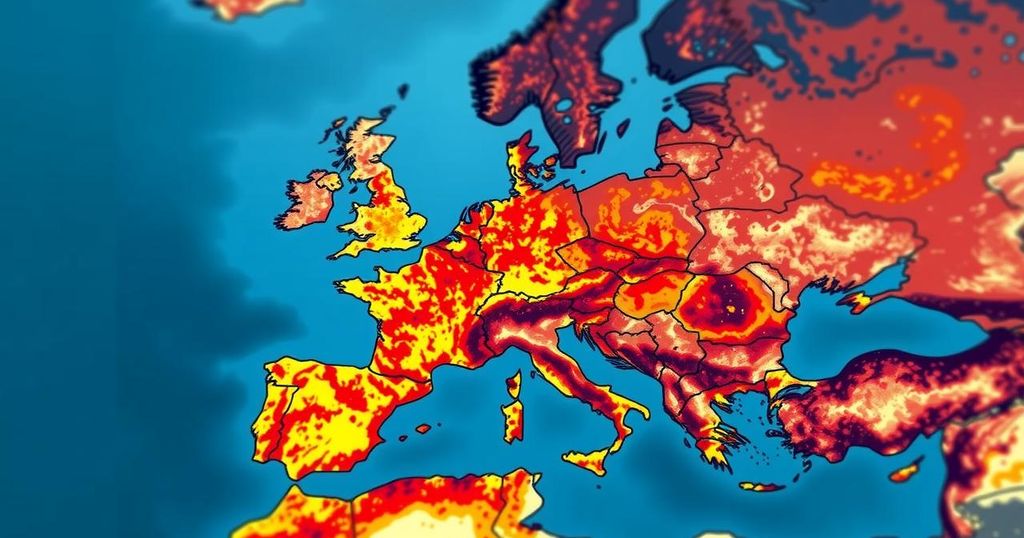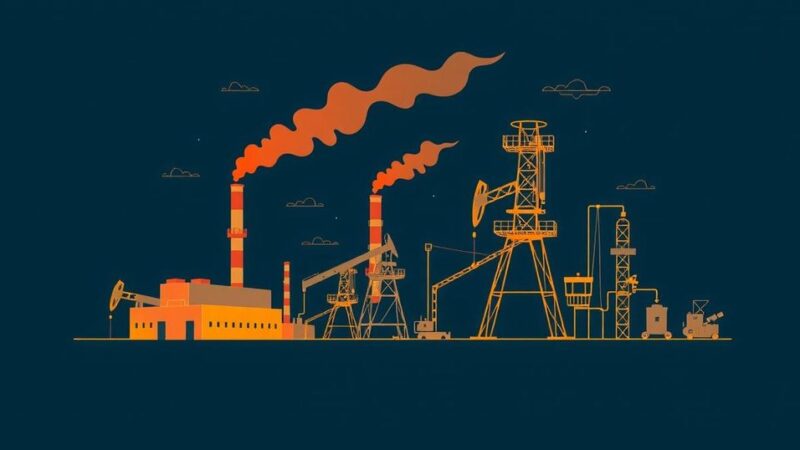This year is set to become the hottest on record, with global temperatures significantly rising due to climate change, as indicated by C3S. The COP29 climate summit aims to address funding and action for climate change, though expectations are low due to political uncertainties in the US. Experts advocate for quicker transitions from fossil fuels to mitigate the severe effects of rising temperatures.
The year 2023 is expected to surpass 2022 as the hottest year on record, according to the European Union’s Copernicus Climate Change Service (C3S). Released just before the UN COP29 climate summit in Azerbaijan, their data indicates that average global temperatures from January to October have been alarmingly high. C3S director Carlo Buontempo emphasized that climate change is a significant factor driving these record temperatures globally. Furthermore, for the first time, 2023 will likely mark an increase of over 1.5°C from the pre-industrial period (1850-1900). The COP29 summit aims to strengthen international funding and action on climate change, yet prospects appear dim due to the recent political landscape in the United States, particularly following Donald Trump’s electoral success. C3S scientists highlighted that if immediate actions are not taken, the world is predicted to exceed the Paris Agreement’s 1.5°C limit by around 2030. This temperature rise correlates directly with extreme weather events, such as devastating floods and wildfires. Experts, including ETH Zurich’s Sonia Seneviratne, urge leaders to intensify efforts to shift away from fossil fuels to mitigate further climate impacts. Concurrently, while the world struggles against escalating climate risks, political maneuverings in the US could hinder meaningful progress at COP29. Ultimately, the continuing trend of rising temperatures poses a formidable challenge demanding urgent attention from the global community.
The information presented discusses the alarming rise in global temperatures as highlighted by the European Union’s Copernicus Climate Change Service. The article outlines the urgency of addressing climate change, especially in relation to upcoming international negotiations at the COP29 climate summit. It also reflects on the need for policies supporting a transition away from fossil fuels and the potential obstacles posed by recent political events, particularly in the United States.
In summary, this year is poised to be recorded as the hottest year in history, largely attributed to climate change and increasing carbon emissions. The anticipated outcomes of COP29 may be stymied by the current political climate in the US, making it imperative for global leaders to agree on stronger commitments to combat climatic challenges. The necessity for immediate and sustainable action is crucial in forming a pathway toward addressing the escalating impacts of climate change.
Original Source: www.taipeitimes.com






